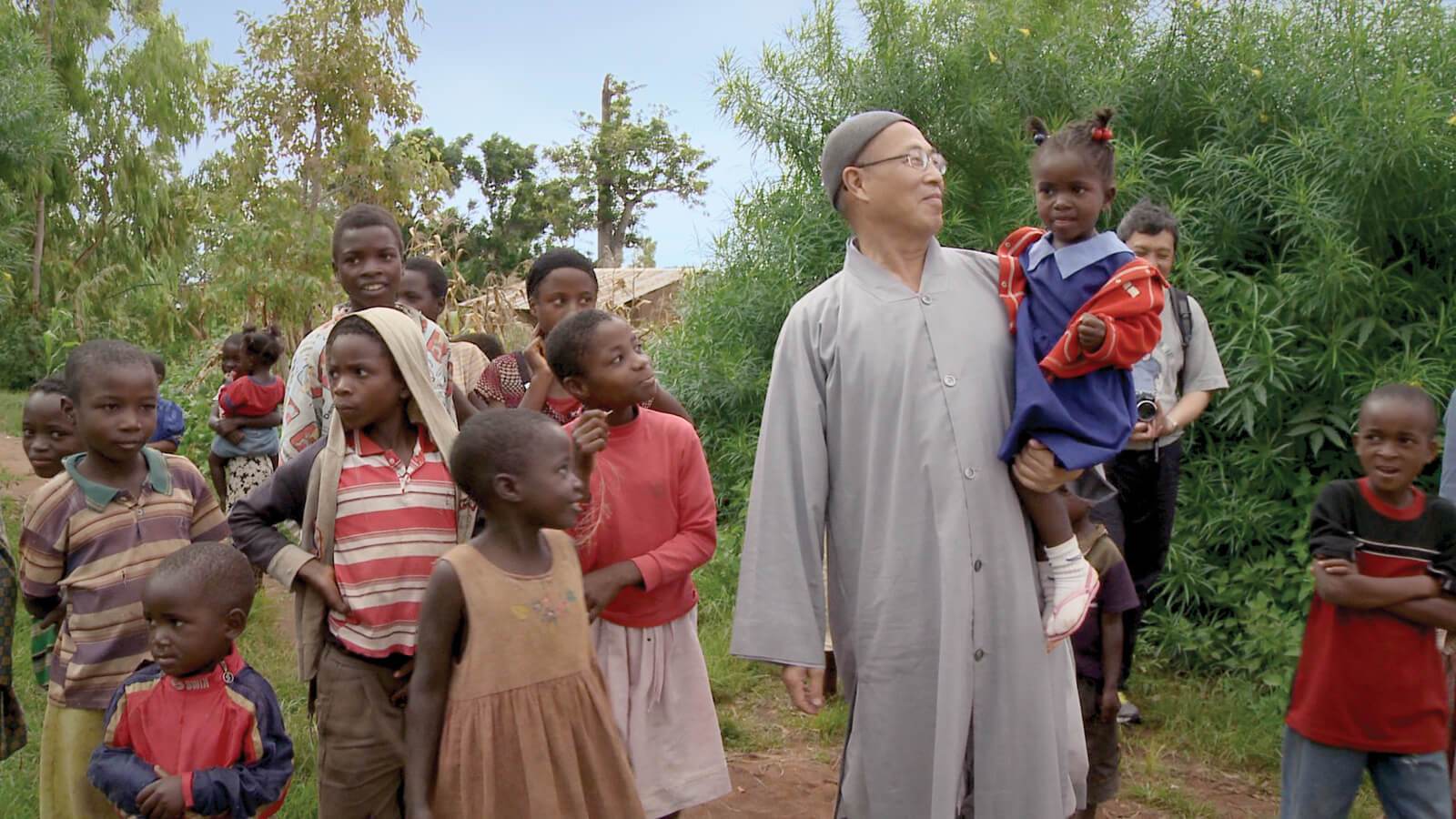Since its April world premiere at the Hot Docs Canadian International Festival, Buddha in Africa—a documentary telling the story of a Malawian orphan torn between his roots and his Chinese upbringing—is yet to be screened in Malawi.
The film has been to film festivals in Australia, South Africa and, only last Saturday, it enjoyed acclaim at its European premiere in Milan, Italy.

Further, as the documentary is going places, it is bagging awards. Last July, it won best Southern African documentary at the 40th Durban International Film Festival, to add to the Backsberg Encounters Audience Award it scooped at the Encounters Audience Award held in Cape Town and Johannesburg, South Africa. Even before its release, the film bagged Most Promising Documentary.
Buddha in Africa brings out the plight of an orphan from Chiradzulu, Enock Alu, with dreams of becoming a Malawian version of Jackie Chan, Jet Li and other martial arts of international repute. His hopes are heightened when the Amitofo Care Centre (ACC) in Blantyre takes him under its fold.
Under the tutelage of ACC principal Master Hui Liu, Alu slowly masters martial arts and travels the world over in Amitofo fundraising endeavours. This takes him to Taiwan, Hong Kong, China, Singapore, Malaysia, Thailand, Japan, Cambodia, New Zealand, Australia, USA and South America.
His kung-fu coach Xiao Bei said of him: “He was lovely and also the youngest in the group; so he was very eye-catching. When it was Alu’s turn to go on stage, people kept on calling Alu! Alu.”
In a review, a South African site, The City Press, says even from the onset, Lui told Alu and other children that going into Amitofo meant they were to follow the Buddhist commandment and their ways as that was the only way to continue getting funding. This was the beginning of a life of waking up at the crack of dawn for rigorous temple sessions, gruelling kung-fu lessons after they were given Chinese names and made to worship Chinese gods.
However, Lui said would the children later choose to quit if they didn’t ‘like this way and don’t want the opportunity to study abroad. When you don’t want to learn civilisation and the advanced thoughts of the world. You prefer to go back to your tribes’.
Alu—torn between repudiating his Christian upbringing and embracing the Buddhist way of life—makes the decision to quit in his final year.
It is a film that exposes the contrasting worlds of Enock’s traditional African culture and the strict discipline of the Confucian, Buddhist value system of the Chinese. Coming in Mandarin Chinese and Chichewa with English subtitles, the work is a result of five years of filming by co-producers Swede David Herdies of Momento Film and South African Nicole Schafer, who owns Thinking Strings.
In spite of its worldwide exploits, the film is yet to be screened in Malawi. Schafer, who also wrote, directed and shot parts of the film, says arrangements are on the cards to beam it here.
“We will definitely show the film in Malawi. I just need to get in touch with my film contacts and figure out a plan. The film provides insight into the complex situation affecting vulnerable children in Malawi, but also the challenges of trying to improve the situation,” says Schafer.
She says she first came to know about ACC on a Reuters’ magazine programme African Journal.
“I was working on a story on orphans in Malawi at a time Madonna was adopting her second child [from Malawi] Mercy James in 2009. I was actually surprised during that period of research that there were a number of different orphanages promoting different cultural practices from the Dutch Reformed Church institutions to Islamic Turkish ones. Madonna subsequently set up her own Kabbalist institution,” says Schafer.
Locally, the project engaged broadcaster Mercy Simbi, theologian Takuze Chitsulo, cameraman Peter Mazunda and actress Dipo Katimba. It also engaged photographer Arjen van de Merwe and cinematographer Shannon Milojkovic whose works in Malawi have left marks.
Simbi says it was exciting working on the set. “We look forward to its screening here. It was great working with the team and the people at Amitofo. What I found most exciting is how it all ends when Enock quits,” says Simbi.



